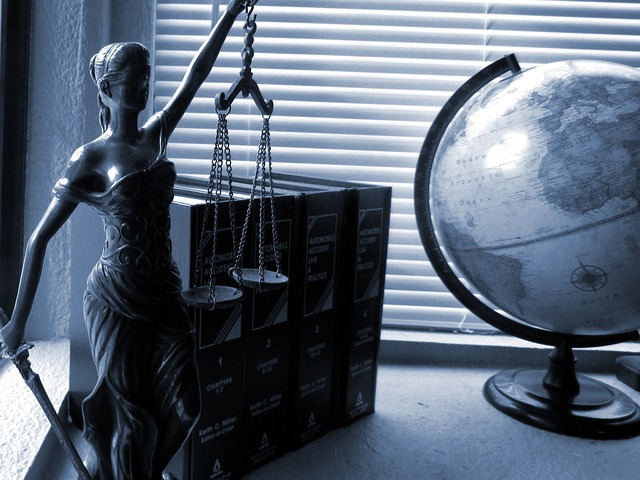Introduction
In today’s digital age, social media has become a cornerstone of communication and self-expression. As platforms like Facebook, Twitter, and Instagram dominate public interaction, they play a critical role in shaping freedom of speech. This article delves into the intricate relationship between social media and free expression, exploring how digital networks empower individuals, regulate speech, and influence societal norms.

Empowering Voices in a Digital Era
Social media has transformed how individuals express their opinions and engage with global audiences. Platforms like Twitter and Instagram enable users to share their perspectives instantly, breaking geographical and cultural barriers.
- Global Accessibility: Social platforms have democratized communication, giving individuals from diverse backgrounds a voice.
- Digital Activism: Movements like #MeToo and #BlackLivesMatter highlight how online communities amplify marginalized voices and advocate for social justice.
However, this freedom comes with its own set of challenges, especially when balancing unfiltered expression with respectful dialogue.
The Role of Social Media in Public Discourse
Social media is not just a tool for personal communication; it has reshaped public discourse on a global scale.
- Influencing Societal Norms: Online platforms drive conversations that shape cultural narratives, from political ideologies to social behaviors.
- Information Dissemination: Breaking news often spreads faster on Twitter than traditional news outlets, underscoring the immediacy and power of digital networks.
Despite its benefits, the rapid spread of misinformation and polarizing content has sparked debates about the ethical responsibilities of these platforms.
Censorship and Content Moderation
While social media champions free expression, it also enforces restrictions through content moderation and censorship.
- Balancing Act: Platforms must navigate the fine line between removing harmful content and suppressing legitimate speech.
- Government Oversight: In countries with strict regulatory frameworks, online speech faces additional barriers, highlighting the tension between government policies and individual liberties.
Algorithmic moderation further complicates the landscape, as biases in AI systems can unintentionally silence certain voices.
Technological Advancements and Their Impact
The role of technology in shaping speech on social media cannot be overlooked.
- Algorithm Bias: Content visibility often depends on algorithms, which can amplify certain narratives while sidelining others.
- Privacy Concerns: Users’ fear of surveillance and data breaches also affects their willingness to engage openly online.
Tech companies must ensure that their platforms remain spaces for open dialogue while addressing these technological challenges.
The Dark Side of Unrestricted Freedom
Unfiltered freedom on social media can lead to unintended consequences, such as hate speech, cyberbullying, and disinformation.
- Hate Speech and Harassment: Anonymity often emboldens individuals to spread harmful content.
- Misinformation: False narratives spread rapidly, eroding public trust in credible sources and fueling division.
To combat these issues, platforms have introduced stricter policies and tools for reporting abusive content.
Digital Activism: A Force for Change
Despite its flaws, social media remains a powerful tool for activism and social change.
- Global Movements: From climate strikes to human rights campaigns, digital activism continues to mobilize millions worldwide.
- Empowering Marginalized Communities: Social media allows underrepresented groups to share their stories and demand change.
This duality underscores the need for thoughtful regulation that protects free expression while curbing misuse.
Conclusion
The role of social media in shaping freedom of speech is both empowering and complex. While it provides unprecedented opportunities for self-expression and activism, it also poses challenges related to regulation, misinformation, and privacy. As society continues to navigate this digital frontier, striking a balance between open dialogue and responsible moderation is crucial. Ultimately, social media’s impact on freedom of speech will depend on how platforms, governments, and users address these evolving challenges.
